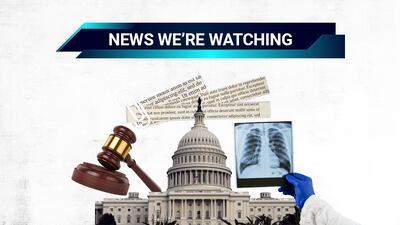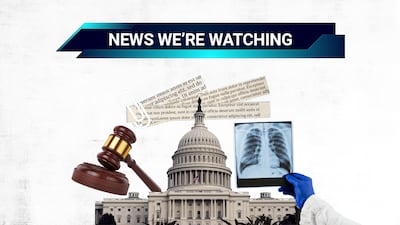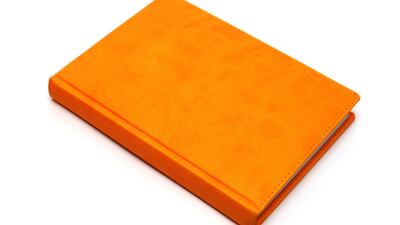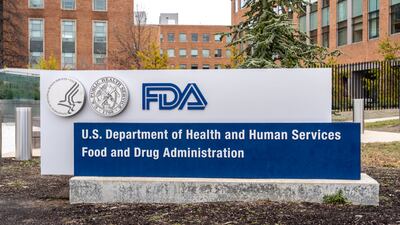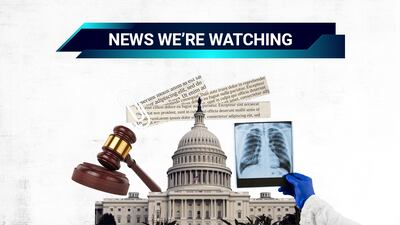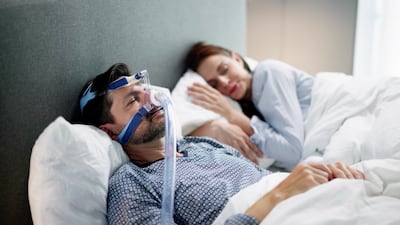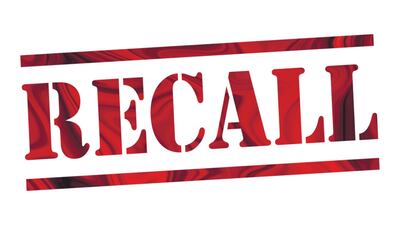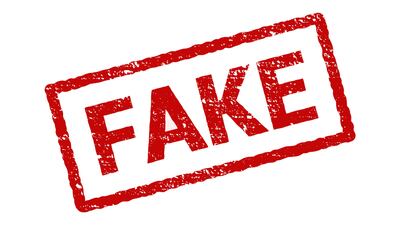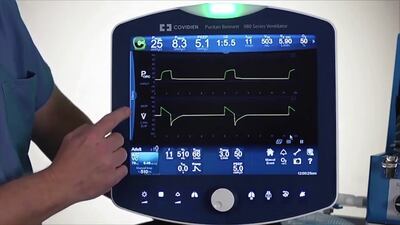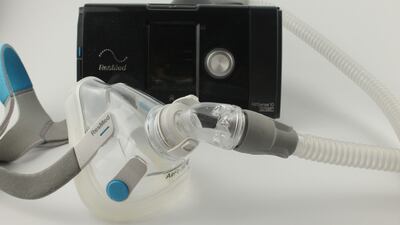Respiratory
This week, Establishment Labs Holdings announced the FDA gave it premarket approval for Motiva breast implant, Cologuard lands FDA approval for Cologuard Plus and GE HealthCare gets FDA nod for a new imaging agent. The FDA announces another expansion for TAP into ophthalmology and radiology. The AAMI and CTA will join forces to develop standards for AI and ML-enabled health care products.
This week, a Delaware court awarded Auris Health shareholders $1bn in a lawsuit against Johnson & Johnson; Abbott recalled some FreeStyle Libre 3 sensors; and McKesson purchased a controlling interest in a Florida cancer care chain.
Philips has filed a lawsuit against a Pennsylvania lab it hired to analyze sound abatement foam that prompted widespread recalls of its CPAP machines. Philips alleges PSN Labs grossly overestimated the risk to patients, which led Philips to initiate a larger recall than it otherwise would have.
This week, Nipro Medical Corp. announced it will invest $397.8m to build a US-based production plant, generating 232 new jobs; both Baxter and Hamilton announced ventilator recalls; Imperative Care wins FDA clearance for its stroke catheter; Intelligent Ultrasound Group plc entered into a conditional sale and purchase deal to sell its Clinical AI business to GE HealthCare for £40.5m; RMI distributed 350m rapid test kits in the fight against HIV/AIDS; Jiangsu Shenli Medical Production Co., Ltd received a second FDA warning letter about quality and safety of plastic syringes.
This week, Roche filed suit against Foresight Diagnostics and Stanford University over patent infringement; the former head of a COVID-19 test company was convicted of securities fraud; and Baxter announced a recall of Life2000 ventilators.
Last month, the US FDA increased the number of injuries and deaths initially reported in a March recall from Philips, which the company disputed. The FDA now says its adjusted numbers were in error.
The US Federal Trade Commission wants to clean up the FDA’s Orange Book by purging medical device patents that the commission says should not be in the listing. The FTC argues improper patents in the Orange Book block lower-cost generic equivalents from coming to market. Medtech Insight spoke to attorney Sara Koblitz about the FTC’s delisting push.
The US FDA is reporting dozens more additional deaths associated with a May recall of Philips ventilators than initially reported. The company says it stands by its original number of seven and has reached out to the FDA.
This week, the ACLA filed a lawsuit against the US FDA; Philips recalled around 100,000 ventilators; women’s health companies Natural Cycles and Gameto padded their coffers; and Canary Medical and J&J’s Ethicon received FDA nods.
This week, Philips Respironics reached a $1.1b settlement affecting CPAP and other breathing devices. Toku announced it received US FDA breakthrough device designation for its MyKidneyAI technology. This May, the FDA will hold its REdI conference focusing on innovation in medical product development and hold another townhall focusing on considerations for selecting a sterilization modality.
The new tool provides a way of quantifying the degree of diversity by race/ethnicity, sex and age in clinical trials, but the results will not factor into the US health technology assessment body’s cost effectiveness determinations for new drugs.
Topline results from two studies in obstructive sleep apnea among obese adults showed efficacy crossing the 50% threshold that physicians have called clinically meaningful.
A consent decree agreed to in January between Royal Philips and the US government is now official. The decree stems from a recall in 2021 of millions of the company’s sleep therapy and breathing devices due to risks posed by the sound abatement foam inside the machines.
After reports of eight serious injuries, Smiths Medical recalled nearly 3,000 ventilators used during emergency transport.
The US FDA has labelled a recall of more than 6 million Airlife respiratory support devices class I. The recall covers devices manufactured in 2017 or earlier that can fail to provide adequate ventilation.
Counterfeit copies of LifeVac Europe’s anti-choking devices have been registered on the EU’s EUDAMED database and continue to be sold on third-party platforms. Medtech Insight asked director of sales and marketing Matthew Banagan how the company deals with fake devices and what the authorities must do.
This week, the US FDA announced that it had cleared Dexcom’s Stelo Glucose Biosensor System, making it the first OTC device of its type available in the US. Additionally, the Office of Management and Budget took up guidance documents on cybersecurity and enforcement on diagnostics during emergencies, and recalls were announced by Medtronic, Ventec and Cardinal.
Medtronic will stop producing ventilators and combine the rest of its patient monitoring and respiratory interventions business into a new business called acute care and monitoring. The company had previously announced plans to divest all of the patient monitoring and respiratory intervention business.
Royal Philips CEO Roy Jakobs used the company’s 2023 results conference to update the market on the agile operating plan 2023-2025 and US actions to address the Respironics recall. Investors’ lively interest in the recall meant that strategic themes concerning environmental sustainability and future health care dividends from artificial intelligence platforms were all but sidelined.
San Diego-based medical equipment manufacturer ResMed warns the magnets in some of its CPAP masks could interfere with implantable devices, such as pacemakers. However, the company maintains that the masks are safe when kept away from implants.




